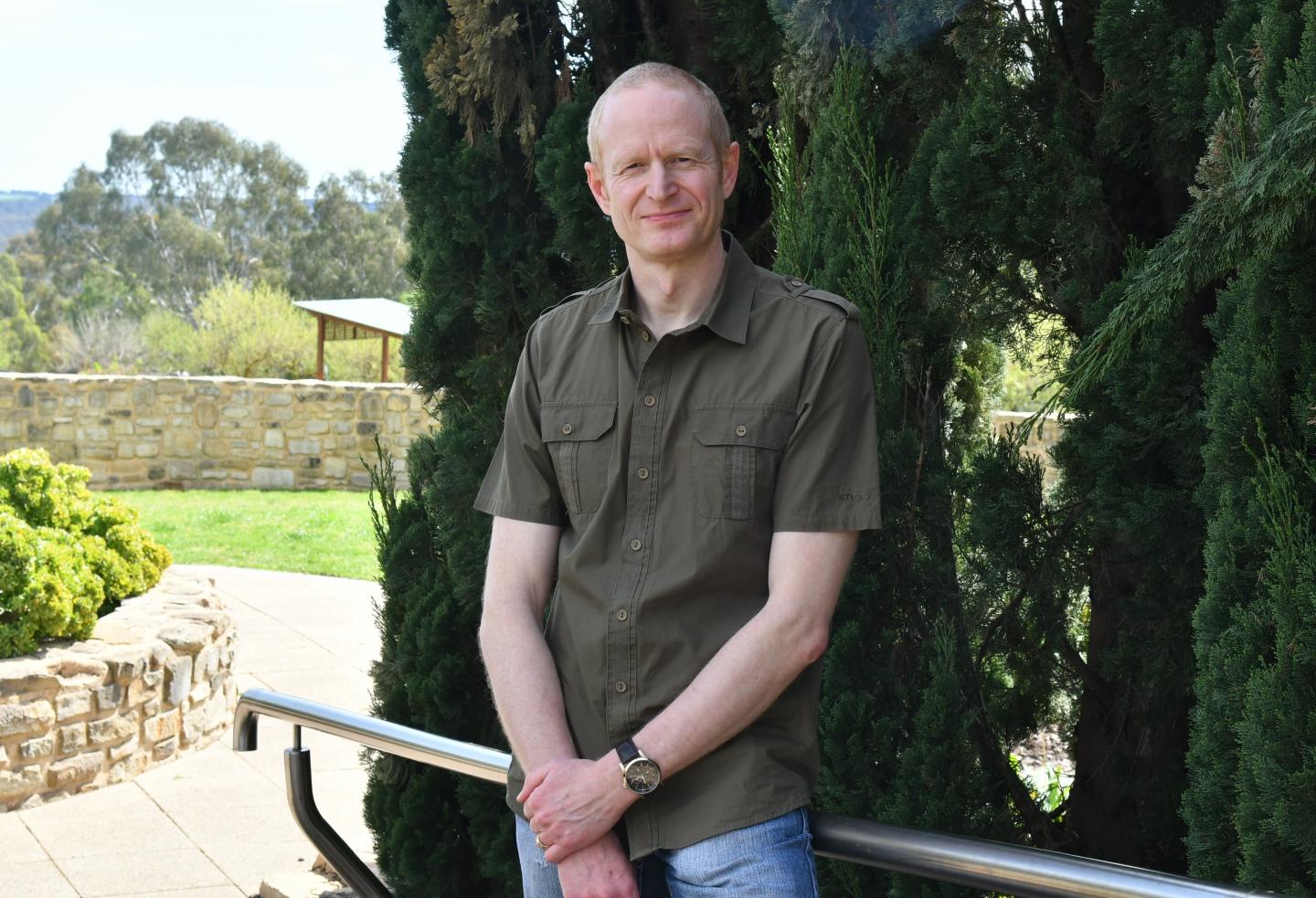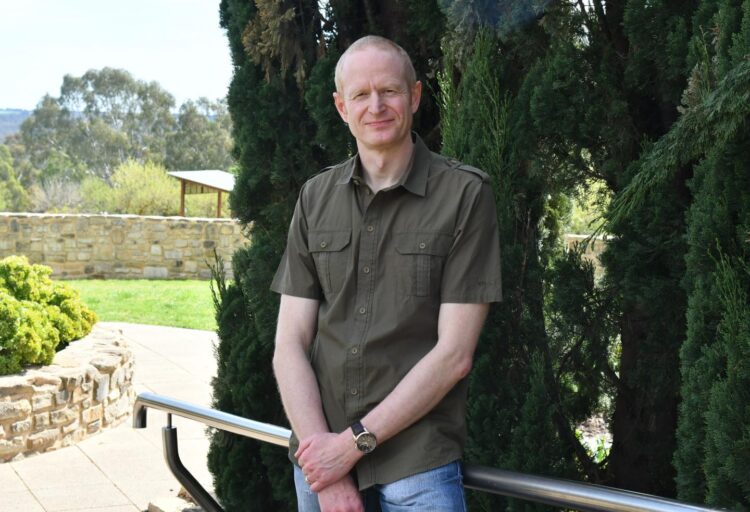Adults conceived through sperm donation reported higher frequencies of allergies, type 1 diabetes and other autoimmune conditions in a world-first study that examined the long term health outcomes of donor-conceived people

Credit: Flinders University
Adults conceived through sperm donation reported higher frequencies of allergies, type 1 diabetes and other autoimmune conditions in a world-first study that examined the long term health outcomes of donor-conceived people.
The study was conducted by Flinders University’s Caring Futures Institute, led by researcher Damian Adams, and published in the Journal of Developmental Origins of Health and Disease. It looked at 272 donor-conceived adult participants from around the world together with 877 who were conceived naturally.
Results revealed that for most health outcomes, donor sperm conceived adults reported no significant difference to participants born through natural conception.
However, donor sperm conceived adults had seven times more type 1 diabetes diagnoses than naturally conceived adults, together with double the incidence of thyroid disease, acute bronchitis and sleep apnoea; and a 45% incidence of allergies compared to 35% in the naturally conceived population.
Mr Adams says most of the health conditions reported by donor conceived people had an immunological basis, suggesting an alteration to their immunological systems.
“What may potentially be driving this is the maternal complication of preeclampsia, which has increased incidences associated with the use of donated gametes (sex cells),” he says.
“Preeclampsia is an extremely serious condition that is mediated by the immune system. Research has shown that children born from a pregnancy complicated by preeclampsia have altered epigenetic profiles including links with an altered immune system.”
Mr Adams is a PhD candidate at Flinders University, whose interest in the health outcomes of donor-conceived people was sparked by vast knowledge gaps in the area.
His supervisors include Flinders University Professor Sheryl de Lacey, who has a clinical background in infertility and assisted reproductive technology.
She says the use of donor gametes has been cloaked in secrecy and abetted by anonymity, with pregnancies assumed to be no different to natural conceptions.
“Being aware of an increased risk of pre-eclampsia in pregnancy and the implications for children in adulthood holds the potential to empower women beyond their pregnancy,” Professor de Lacey says.
“For parents, this unique study provides important information that informs their decision of whether to disclose conception means to their child, and to choose the health care they receive.
For donor conceived people, having this information may improve vigilance in preventative health behaviours.”
Mr Adams says donor-conceived people are a hard to reach population, with research consistently showing that the majority do not know they were conceived by sperm donation.
“We had to implement six different recruitment strategies to attract the sample size we achieved,” he says.
The majority of participants were from Australia, the United States, the United Kingdom, Belgium and the Netherlands.
Those conceived by donor or through natural conception were matched for age, sex, height, smoking habits, alcohol consumption, exercise and fertility.
“This study was preceded by our systematic review of the literature, where we noted a dearth of studies investigating the perinatal and long-term health outcomes of donor sperm treatments, despite the technique being used for almost 140 years,” Mr Adams says.
###
Media contacts:
Damian Adams, Flinders University researcher
E: [email protected] T +61 417 848 203
Megan Andrews, Media and Communications
E: [email protected] T: +61 8 8201 2916 M: +61 487 499 004
Media Contact
Megan Andrews
[email protected]
Original Source
https:/
Related Journal Article
http://dx.





